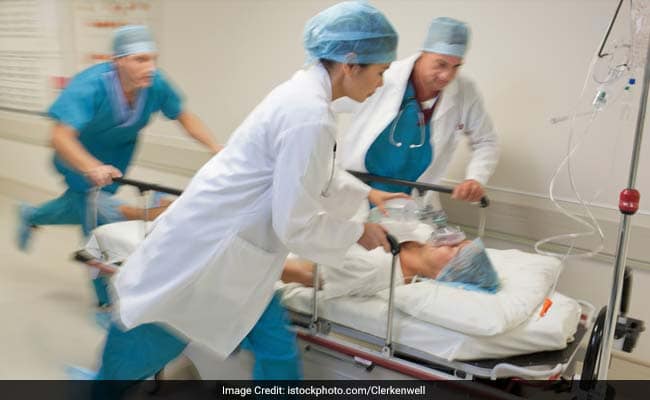
- World Organ Donation day is observed on 13 August every year
- Organ donation can help save lives of those in need
- Both organs and body tissues can be donated
Celebrated on August 13th worldwide, World Organ Donation Day is an opportunity for raising awareness about the fundamental necessity of organ donation while also celebrating the success that it has had. Not just for the recipients of the donated organs but also their families and their quality of life. Organ donation continues to be something that needs to be talked about considering the impact that it can have. In this article, we discuss all the factors and common questions one might have about organ donation.
Here's what you need to know about organ donation
Who can be a donor?
Anyone above the age of 18 years can voluntarily donate organ or tissue.
What are organs that are commonly donated?
Paired organs such as the kidneys are more easily available for donation as compared to single organs such as the pancreas. This is because paired organs are obtained from living donors whereas single organs most often come from dead donors. Other organs which can be donated after the donor is dead are the heart, lungs or eyes. Interestingly enough, although the common term for this practice is 'Organ Donation', donors needn't always donate an organ, but also donate tissues and muscles in instances of burn victims or severe accidents.
Also read: World Organ Donation Day 2021: 10 Things You Need To Know About Organ Donation
What constitutes the medical process to find out if you are a suitable donor?
Before the donation, the donor is subjected to a series of medical tests and is assessed thoroughly to make sure that the donation of the organ is not harmful to the donor especially if the donor has medical issues or serious medical histories. For example, a kidney function test is done to assess the possible effects that the donation could cause for the person donating the organ. These tests will also determine just how healthy the organ being donated is and how well it performs its respective functions.

Organ donation day 2021: Organ donation can help save a person's life from organ failure
Photo Credit: iStock
What are some reasons you may not be allowed to donate an organ?
If the donor has a serious medical history or has diseases such as diabetes, decreased cardio-vascular function or even has evidence of communicable diseases such as hepatitis, then the donor is not advised to continue with the donation process. They can only donate if the act of donation does not affect the donor adversely and only if the donor can continue living with the same quality of life, post the surgery.
Also read: Organ Donation Day: Date, Significance and Some Facts About Organ Donation
What is organ matching?
Matching is a key part of the organ donation process. Medical tests will show the viability of the donation or the chances of the organ from a donor being accepted by the patient's body. Higher matching chances along with a combination of suitable drugs will also increase the chances of the organ to be accepted by the physiological system of the patient and a higher rate of success.
Also read: World Organ Donation Day: Things No One Told You About Organ Donation
What must a recipient of a successful organ donation do?
When the organ is accepted by the recipient, then the recipient must continue to cultivate a healthy lifestyle to maintain their health because they are also at a higher risk of developing issues such as increased blood pressure or diabetes which could adversely affect the organ and cause damage to the existing organ.
(Dr. Alan Almeida is a Consultant Nephrologist and Transplant Physician at P.D Hinduja Hospital & MRC)
Disclaimer: The opinions expressed within this article are the personal opinions of the author. NDTV is not responsible for the accuracy, completeness, suitability, or validity of any information on this article. All information is provided on an as-is basis. The information, facts or opinions appearing in the article do not reflect the views of NDTV and NDTV does not assume any responsibility or liability for the same.
Track Latest News Live on NDTV.com and get news updates from India and around the world

